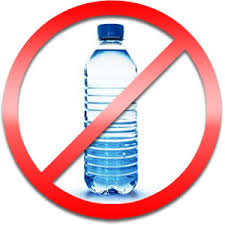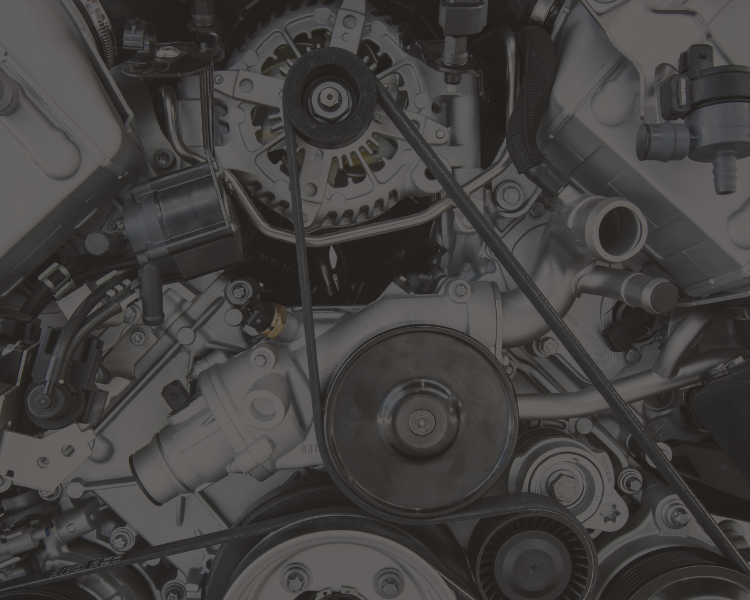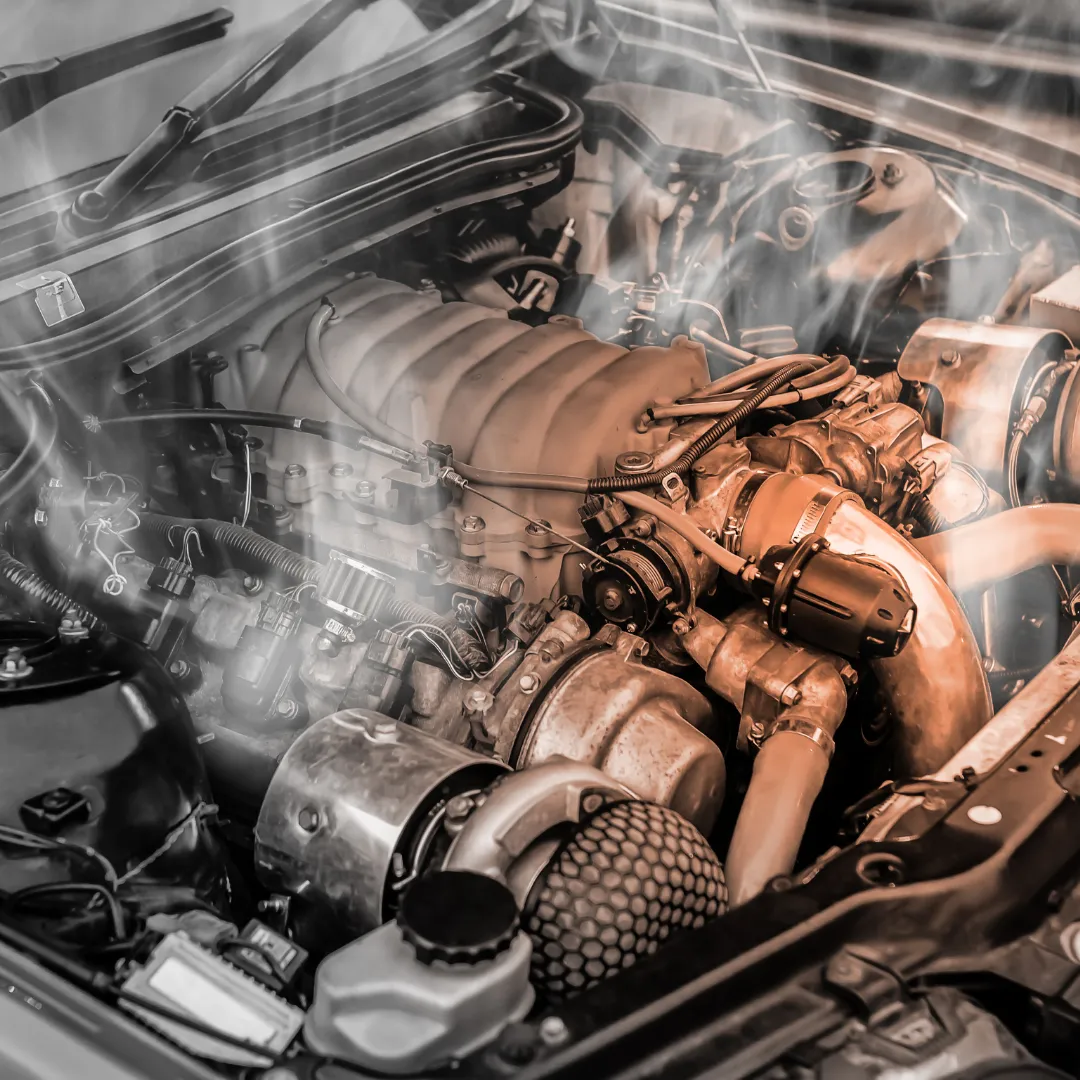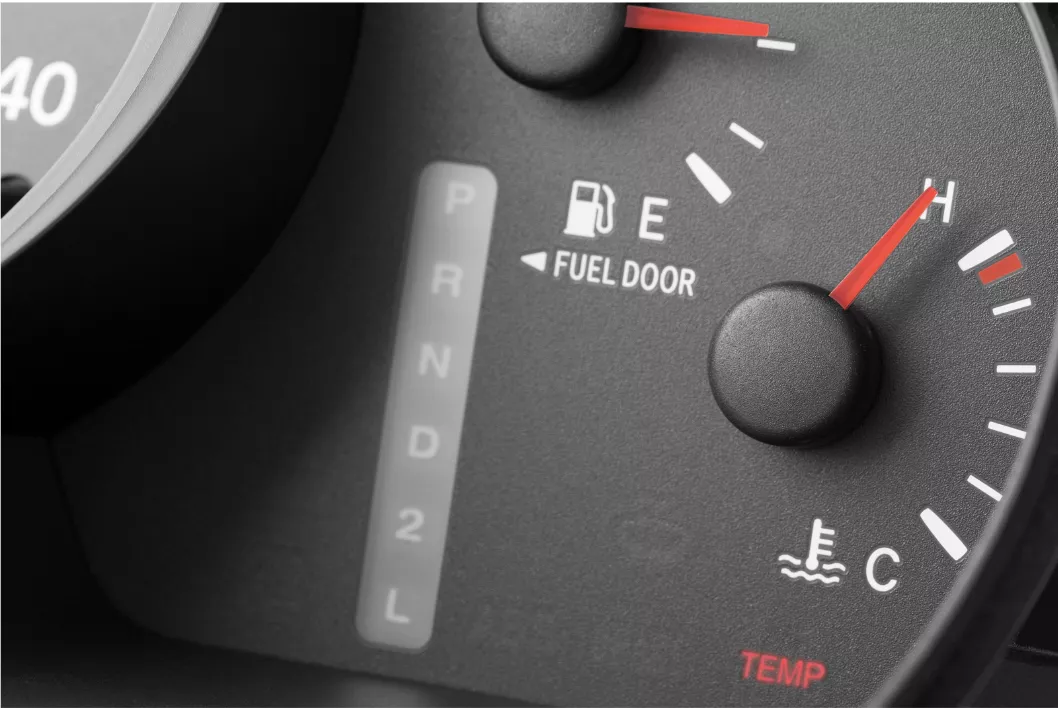Why You Should Never Use Distilled Water in Your Cooling System

Many people have “heard” that distilled water is the best water to use in a cooling system. This is wrong! While it is certainly true that distilled water’s purity prevents electrolysis and scale/deposit formation, it unfortunately comes with a potentially very damaging side effect.
During the distillation process, water is vaporized into its gaseous phase, so all its impurities are left behind. These impurities include a number of minerals, including “calcium” and “magnesium,” the two components of water “hardness.” The water is then condensed back into its liquid phase, so the resulting liquid is pure water – in fact, some of the purest water on earth. But the problem is that when water is distilled, or “stripped,” of its minerals and impurities, the resulting solution is composed of chemically imbalanced “ions.” This leaves distilled water “ionically hungry,” so it will actually strip electrons from the metals in a cooling system as it attempts to chemically re-balance itself. As it chemically removes electrons from the metals of cooling system components, distilled water eventually does extreme damage that could lead to cooling system failure.
So what’s the answer? Softened water. During the water softening process, the same impurities and minerals are removed from water as during the distillation process – but with one very important distinction. Rather than STRIPPING the impurities from water, softening EXCHANGES the impurities with a sodium ion. The resulting solution is chemically and ionically balanced, making softened water very stable, very pure, and non-threatening to cooling system metals.
There seems to be a perceptual issue with regard to the usage of softened water in cooling systems by auto enthusiasts. Many mistakenly believe that because salt is added to water softeners, then softened water must contain salt, a substance of course known to be very corrosive. Nothing could be further from the truth. The salt you add to a water softener is NaCl, or sodium chloride.
During the softening process, only the sodium ion is exchanged into the water. Therefore, softened water does NOT contain corrosive salt.
What are the benefits of using softened water? Soft water lacks most of the impurities of tap water, meaning it far less conductive (i.e. less damage from electrolysis) and will not form deposits (i.e. less possibility of overheating). However, if you use Hy-per Lube Super Coolant, you don’t need to use softened water. Hy-per Lube Super Coolant contains molybdate, a form of the semi-precious metal “molybdenum,” which is proven to be extremely effective in preventing galvanic action and electrolysis – regardless of what type of water is used. Hy-Per Lube Super Coolant also contains polymer dispersants which keep water hardness in solution, thus preventing the formation of insulative scales and deposits. So regardless of whether you use softened water or tap water, you need not worry about these issues when you use Hy-Per Lube Super Coolant. This is actually one of the important benefits of the product, because not everybody has easy access to softened water.
But please – PLEASE! – do not use distilled water in your automotive cooling system.




